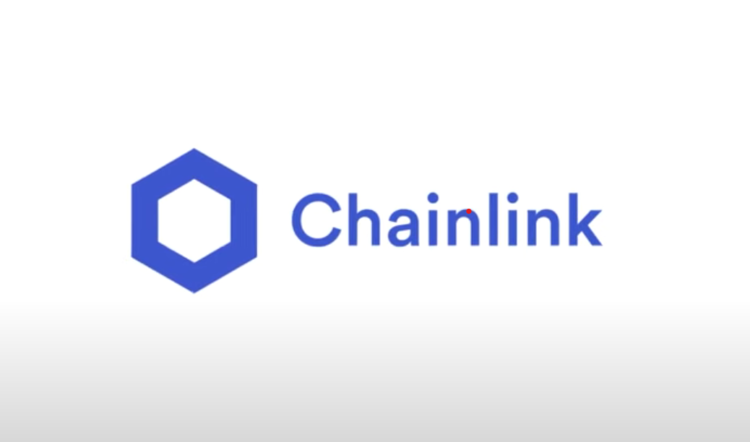- Chainlink seeks to cause a massive privacy revolution in Web3.
- SMPC has several benefits for individuals, institutions, researchers, etc.
Secure Multi-Party Computation (SMPC), also called, privacy-preserving computation operates as a subfield of cryptography to create methods for parties to jointly compute functions over their inputs while keeping the input private. In other words, it enables many people to work on calculations together while keeping their information private.
This is done by enabling black box functionality. According to a blog post by Chainlink, SMPC can be used to lead the effort to drive Web3 Privacy Revolution considering its key importance. SMPC is important for medical research, financial transaction, distributed voting, private bidding, and auctions, as well as AI/ML learning processes where sensitive information needs to be analyzed.
In a typical SMPC protocol, each party holds a piece of private data and wants to compute a function that requires inputs from all parties. Through the protocol, parties use privacy-preserving techniques to exchange input data, such as encryption or masked shares, and then collectively compute the function.
Its main consideration by Chainlink is due to its benefits for individuals, developers, organizations, and research groups.
SMPC promotes regulatory compliance by enabling organizations to meet data protection regulations (e.g., GDPR, HIPAA). This is done by analyzing sensitive data without exposing it. It also enhances protection against security breaches by ensuring that data confidentiality throughout the computational process is maintained.
It also ensures better collaboration by ensuring that researchers and institutions securely aggregate and analyze data from multiple sources while maintaining the privacy and promoting cross-institutional collaboration and knowledge-sharing. In addition to its high accuracy and advanced functionality, SMPC breaks data and distributes it among participants to secure it against quantum attacks.
The relevance of SMPC on Web3
In the article, Chainlink explains that the private keys of a web3 wallet can be divided among multiple parties in an MPC-compatible blockchain environment. To enhance security and control for wallet operations, a minimum number of participants holding key shards must participate to execute any function.
For example, custodians use MPC-based Web3 wallets to secure digital assets and sign transactions. These wallets split a private key into multiple parts and then use MPC when they want to sign a transaction.
In comparison with the multi-signature signing process, MPC enables multiple entities to secure tokenized assets jointly. MPC wallet splits a single key into multiple smaller parts and distributes them to each custodian. Multisig wallet, on the other hand, relies on multiple private keys to sign a transaction.
On privacy-preserving computation, the open design of public blockchains means smart contracts are meant for anyone to read.
While data could be computed off-chain in centralized servers, this would undermine the security guarantees that blockchains provide. By computing data off-chain in a highly secure and deterministic manner, Web3 protocols can access computation that provides both advanced functionality and confidentiality.
No spam, no lies, only insights. You can unsubscribe at any time.
With this initiative, the Chainlink (LINK) price could be massively impacted by any general price surge. LINK is currently bearish with a price of $7.26. In the last seven days, the asset has surged by 5.64 percent but has fallen by 0.24 percent in the last 24 hours.
Crypto News Flash does not endorse and is not responsible for or liable for any content, accuracy, quality, advertising, products, or other materials on this page. Readers should do their own research before taking any actions related to cryptocurrencies. Crypto News Flash is not responsible, directly or indirectly, for any damage or loss caused or alleged to be caused by or in connection with the use of or reliance on any content, goods, or services mentioned.
Credit: Source link









![Top NFTs for Sale with High Potential in This Bull Run [2025 List]](https://cryptocentralized.com/wp-content/uploads/2024/11/unnamed-2024-11-25T113320.523-360x180.jpg)

































































































































